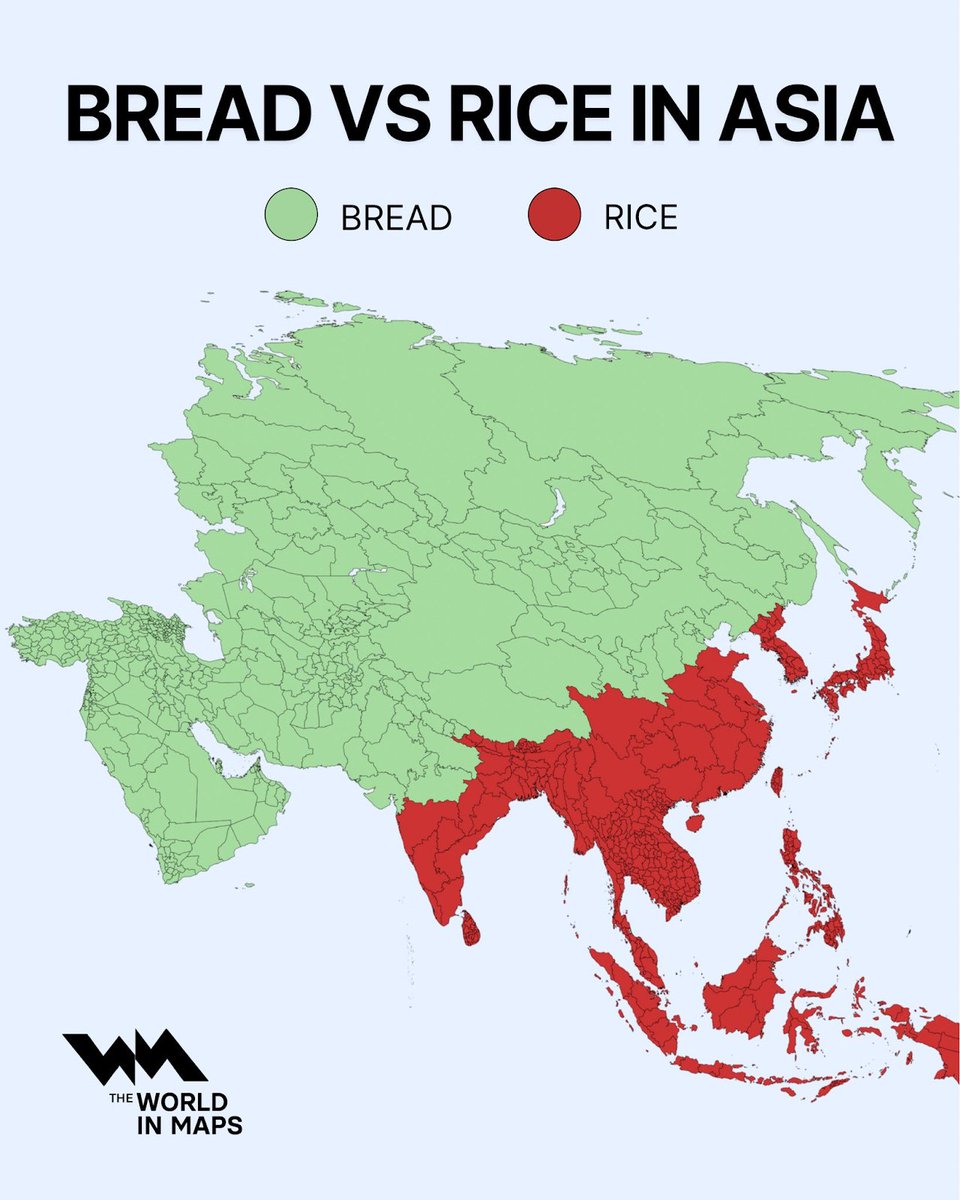RBG's death highlights one failure of US democracy
The fact that 1 death can substantially influence the lives of generations in a 330M country shows the system doesn't work.
In a world where things evolve ever faster, we need systems that can keep pace.
[1/6]
The fact that 1 death can substantially influence the lives of generations in a 330M country shows the system doesn't work.
In a world where things evolve ever faster, we need systems that can keep pace.
[1/6]
Part of the pbm is in the selection process. Presidential appointment + senate approval are only as legitimate as electoral college + senate representativeness.
Senate representativeness depends on # of states, which does not seem reasonable
[2/6]
Senate representativeness depends on # of states, which does not seem reasonable
https://twitter.com/robdelaney/status/1304909645241253888
[2/6]
The current # of states is heavily partisan. The Dakotas, Wyoming, Idaho, Montana and Washington were admitted in the union to control the gov, and to this day biases the gov towards rural voters.
theatlantic.com/ideas/archive/…
[3/6]
theatlantic.com/ideas/archive/…
[3/6]
Equal representation for each state in the senate made sense when the US was 13 colonies, but the rules approved in the constitution have since been gamed.
[4/6]
[4/6]
I would be wary of such a system, even as a Republican. The same way it's been gamed one way for the last 130y, it could lean the other way for the next century.
[5/6]
[5/6]
I hope the US — and most other democracies — have constitutional revisions in the 21st Century to build better systems
[6/6]
https://twitter.com/tomaspueyo/status/1290200874573152258?s=20
[6/6]
• • •
Missing some Tweet in this thread? You can try to
force a refresh













